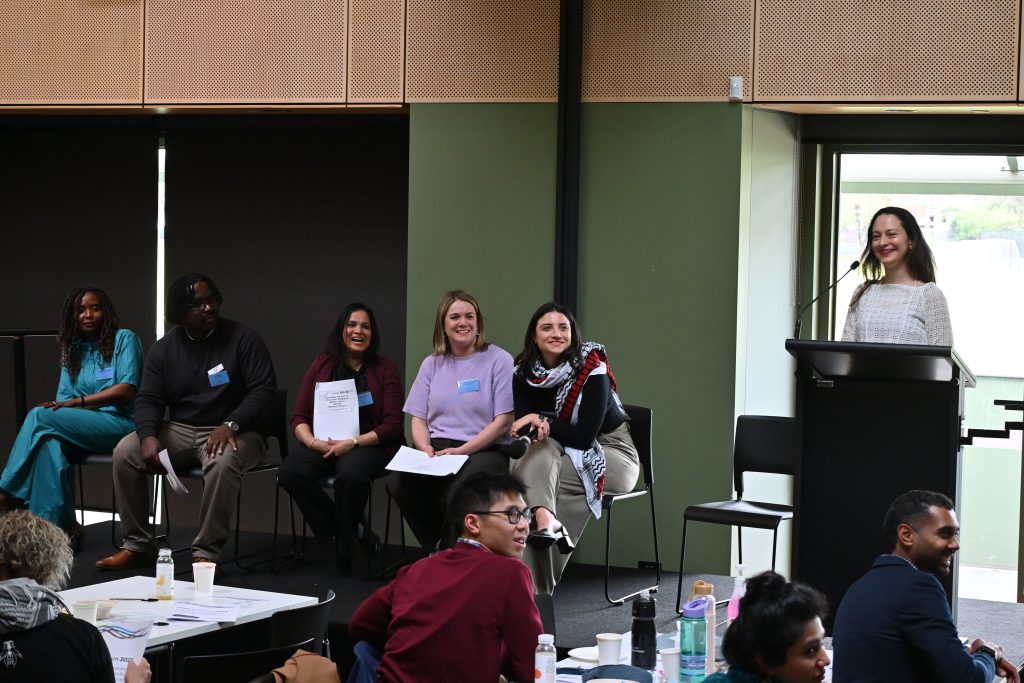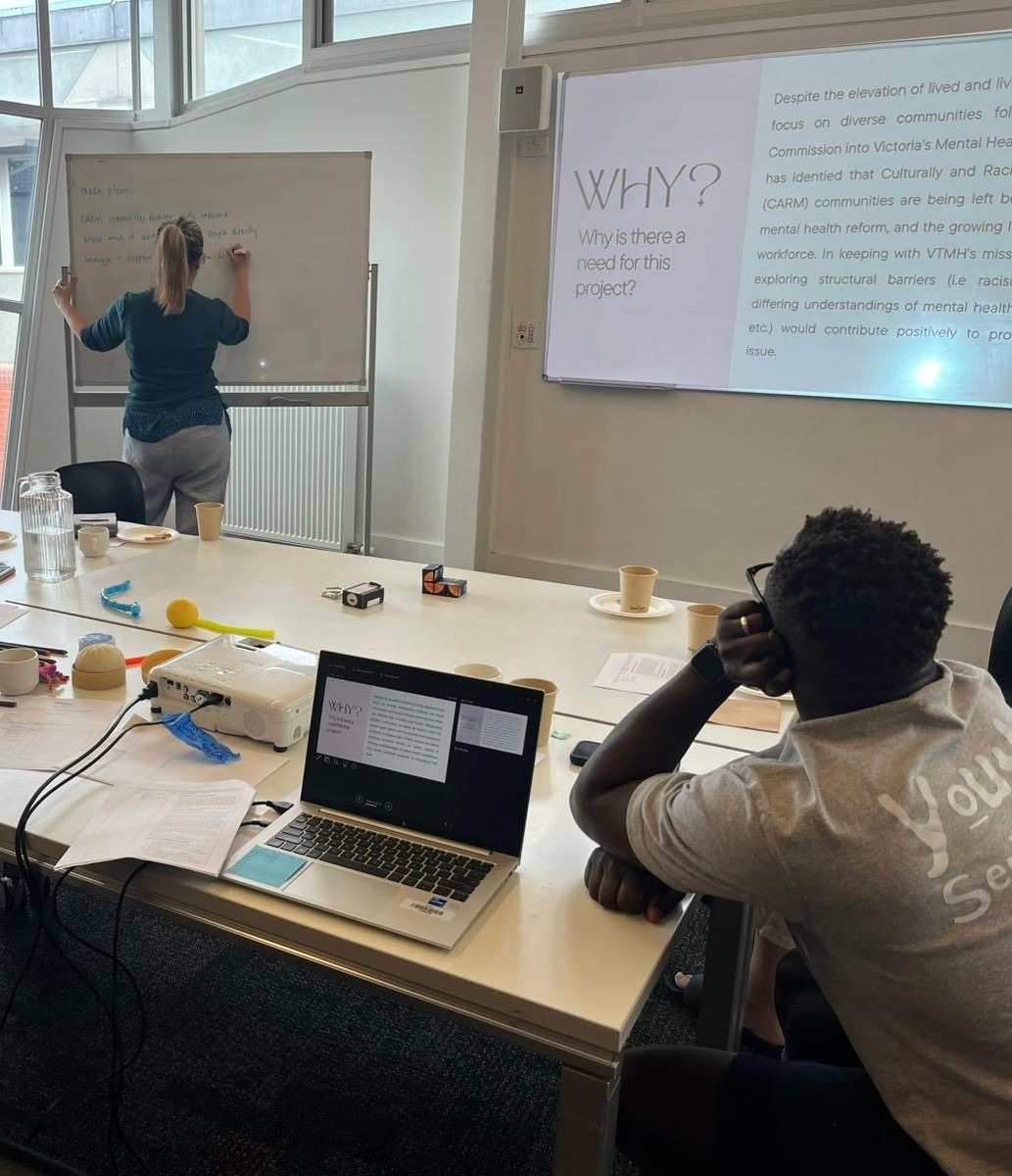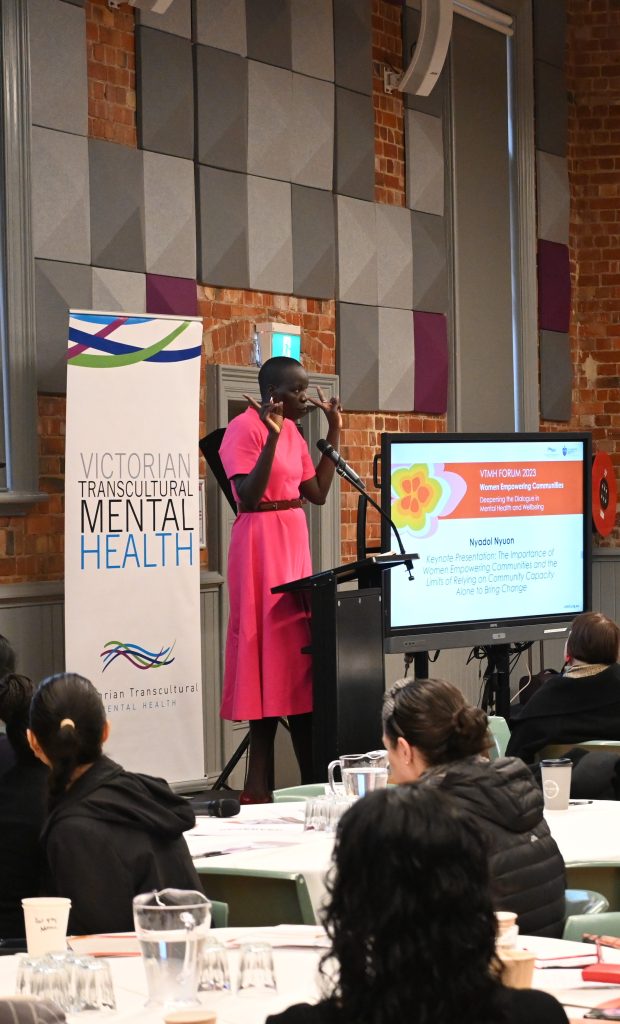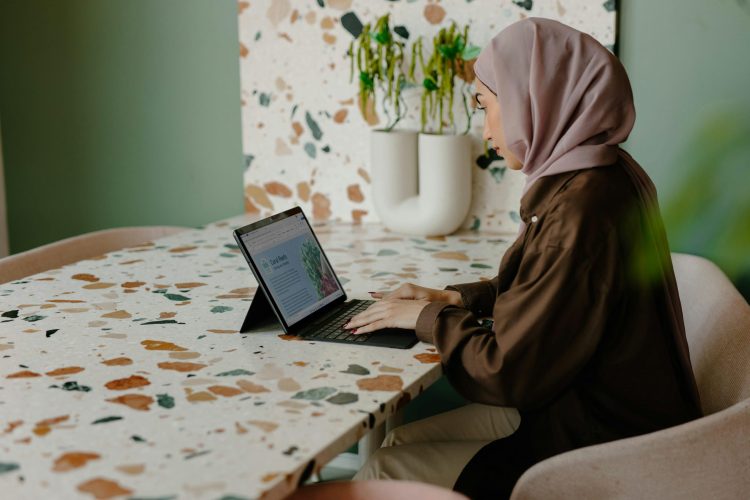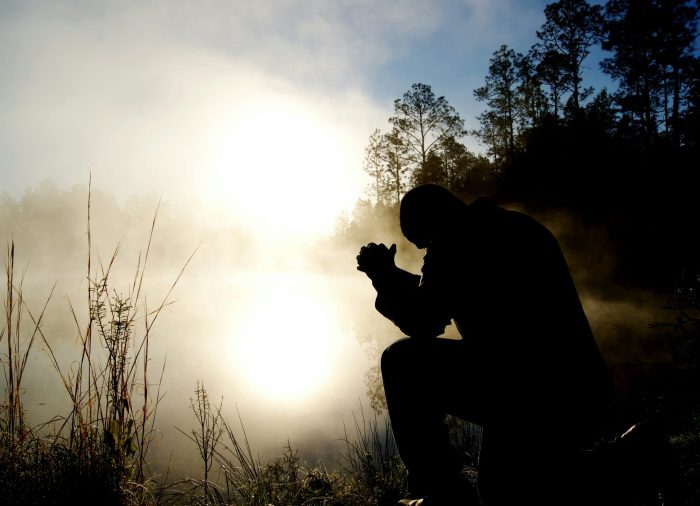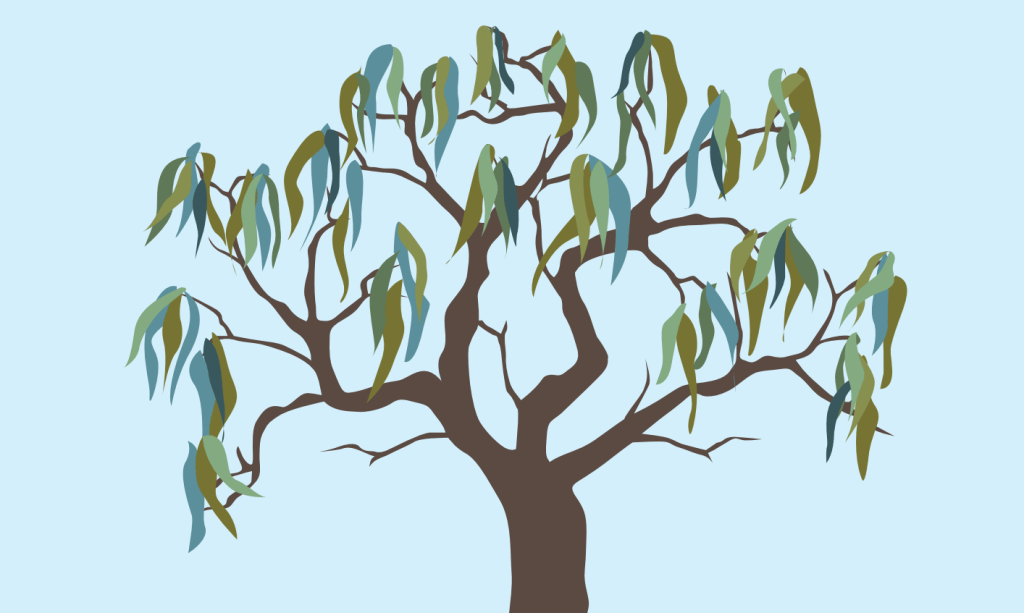
For almost 10 years, we have produced online learning modules covering a range of topics that support culturally responsive practice in the mental health system. We’re currently in the process of upgrading our Learning Management System (LMS) so that we can continue to provide easy to access online learning modules for years to come.
What’s new?
The LMS’s user interface is undergoing several enhancements which will make it easier to use. We’re improving the navigation and sign-up process and adding new features such as the ability to download a certificate of completion.
We’re also updating the content itself by incorporating emerging knowledge and updates following the Royal Commission into Victoria’s mental health systems. This new content includes a range of new frameworks that have been released to support work in the area of cultural responsiveness.
We’ve even created a brand new module, An Introduction to Community Engagement in Mental Health Settings. It includes information from our 2023 Community Engagement with Purpose: Approaching Community Engagement Work in Mental Health Settings project and complements the existing workshop on the same topic as a pre-learning resource. It will be made available once the new system launches.
What are we keeping?
The modules will remain free and self-paced, so you can log in and out in your own time, making them convenient to complete around your workload. Many of the modules will continue to act as pre-learning for our in-person workshops.
If I have an account already, what do I need to do?
Once we have transitioned to the new LMS, all existing users will be notified by email with instructions on how to access and manage their new profile.
When will these changes take place
We will begin to roll out the updated system and content in the early months of 2026.
